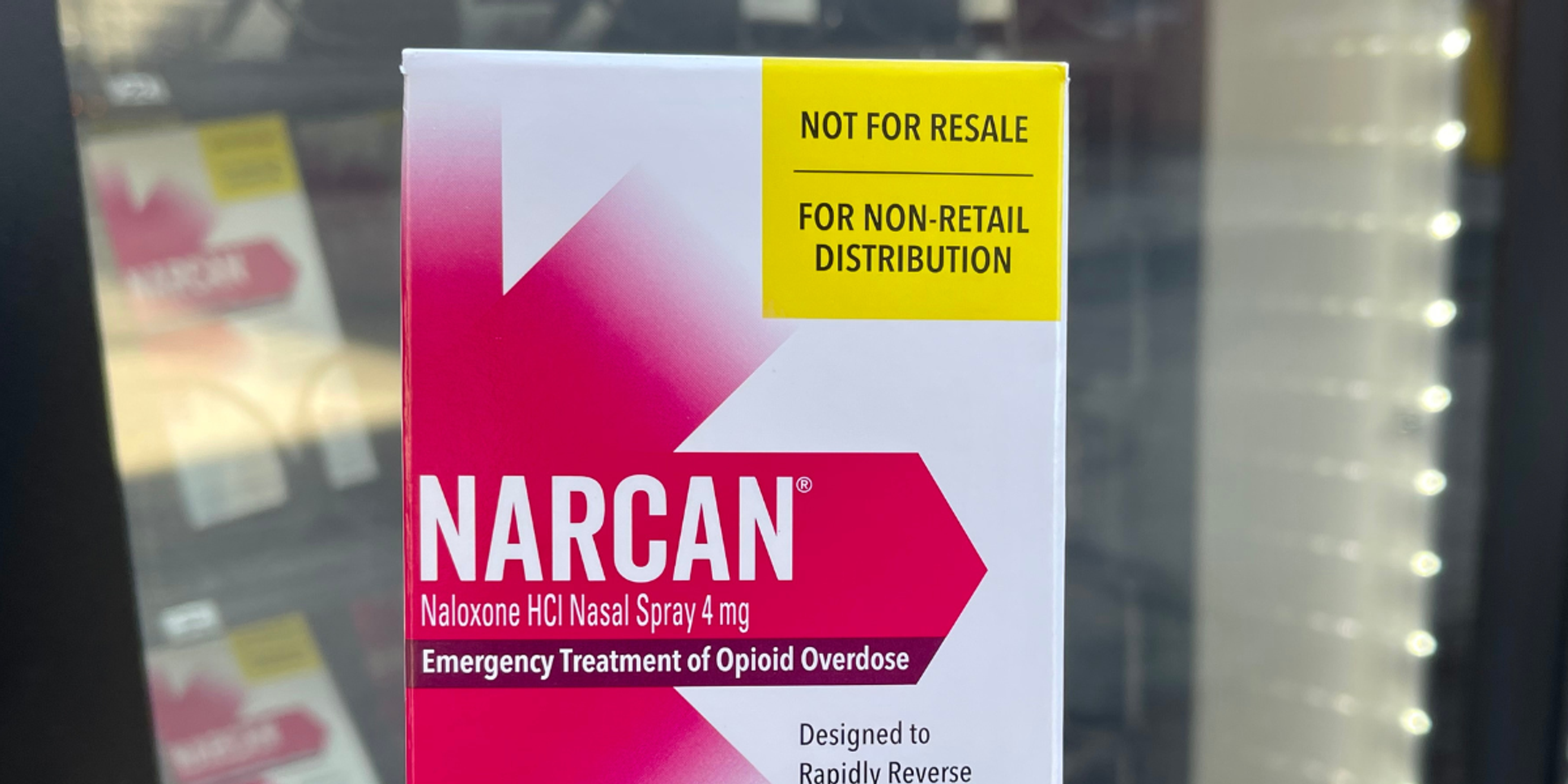
Despite the fact that 45 million adults in the U.S. have a mental health condition, seeking treatment for depression, anxiety or other mental health disorders is still sometimes shrouded in stigma and confusion. Only about half of people with mental illnesses actually receive treatment. Longstanding beliefs about mental illness have led some to believe that they should be able to just “deal with it” or that very real conditions are “all in their head.” Unlike a broken arm or cancer diagnosis, mental illness might not be outwardly present or show up on a scan, so it’s easier to dismiss it as something that doesn’t require care. However, ignoring your mental health can lead to conditions getting worse. It also can negatively affect your physical health. People with untreated depression are at 40% higher risk for developing cardiovascular and metabolic conditions.
Where to start when it comes to getting help
If this past year has caused you to feel “off” or has made existing mental health conditions grow more worrisome, it’s important to talk to a medical professional. Just as you’d visit your urgent care or doctor’s office for pain that won’t subside, persistent feelings of sadness or despair also need to be addressed – there is no difference. Seeking help for your mental health is the first step in making a commitment to be stronger for yourself, and all those around you. This is a step-by-step guide to help those wondering where to start when seeking mental health treatment.
Talk to Your Doctor.
Your first stop would ideally be your primary care physician. They can help you rule out any physical symptoms that could be contributing to poor mental health and talk through medication options that could help.
Find Mental Health Professionals.
If lifestyle modifications and medication aren’t enough, it might be time to consult with a mental health professional. Your doctor can refer you to a number of different professionals, from psychiatrists to licensed counselors. Blue Cross Blue Shield of Michigan and Blue Care Network can also help members find an in-network mental health professional by calling behavioral health access lines:
- PPO: Behavioral Health Access Line | 1-800-762-2382
A free and confidential resource that’s just a call away when you need immediate support. Behavioral health professionals answer, 24/7.
- HMO: Behavioral Health Access Line | 1-800-482-5982
Connect with a behavioral health clinician if you need help finding a mental health or substance use provider. Behavioral health clinicians are available for routine assistance from 8 a.m. to 5 p.m., Monday through Friday. For urgent concerns after hours, clinicians are also available 24 hours a day, seven days a week.
Keep trying.
The path to finding what works best for you might not be a straight line. The first medication you try might not work the way you want it to, or the side effects might not be tolerable. Talk to your doctor about trying something else that might work better for you. You might need to visit several different mental health professionals before you find the right blend of personality and treatment style that clicks for you. Don’t give up. You might face detours on your journey but the final destination – taking control of your mental health – is worth it.
Develop habits that help you continue to thrive.
When you feel like you’ve made progress with treatment, consider adding in lifestyle modifications that can continue to help you feel positive. Adding in daily physical activity such as walking, focusing on whole, plant-based foods and making time for meditation or other forms of relaxation can all go a long way in helping to keep you balanced. Blue Cross offers weekly webinars for members that cover a variety of well-being topics and can help keep you moving forward in a positive way. Learn more about mental health and options you have as a member to seek help at bcbsm.com/mentalhealth. Related:
- Understanding Behavioral Health Benefits
- Exploring Virtual Therapy with Telehealth
- Online Support for People with Substance Use Disorders
Photo credit: Fat Camera





